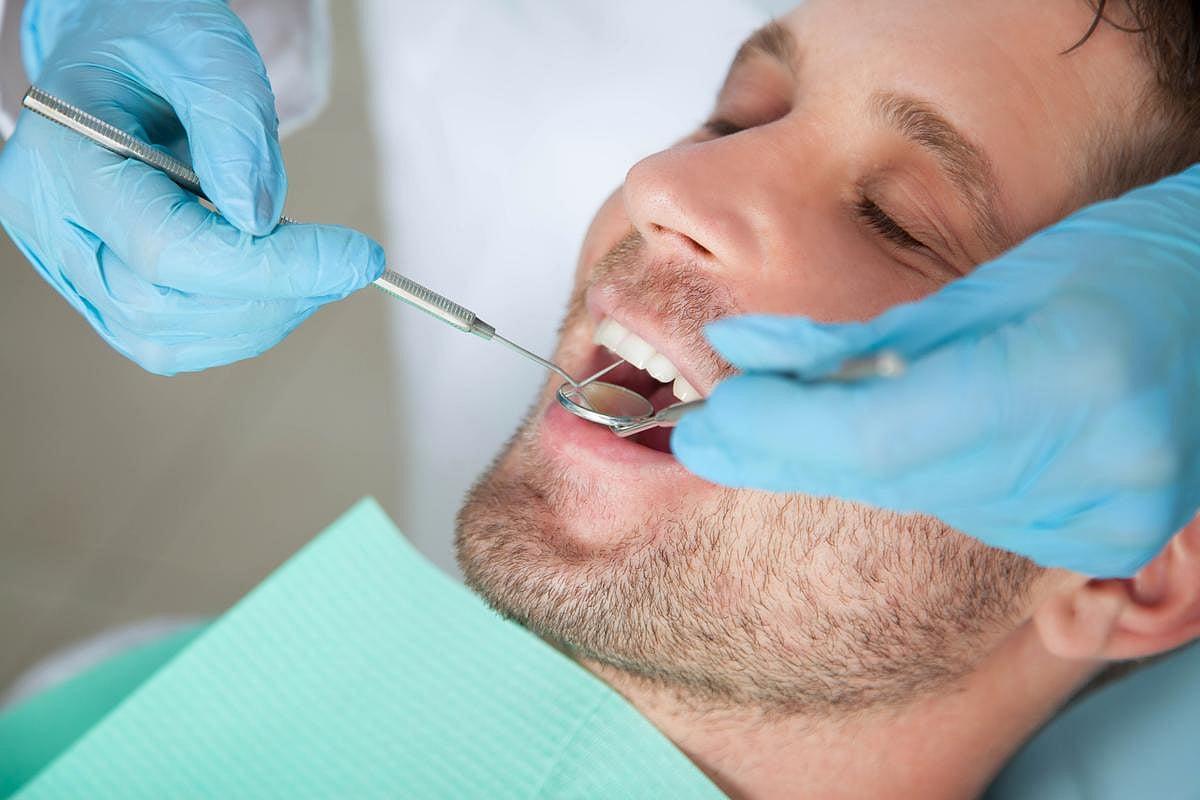- Covid Rapid Antigen Test *NEW* Price - $50.00
- No Appointments required - Call 716-799-8700
Get Healthy!

- Posted September 19, 2025
Mouth Microbes Might Contribute To Pancreatic Cancer
A person’s risk of pancreatic cancer might be tied to the microbes living in their mouths, a new study says.
People have a more than tripled risk of pancreatic cancer if their mouths contain 27 types of bacteria and fungi, including some directly linked to gum disease, researchers reported Sept. 18 in JAMA Oncology.
“It is clearer than ever that brushing and flossing your teeth may not only help prevent periodontal disease but may also protect against cancer,” co-senior author Dr. Richard Hayes, a professor of population health at NYU Grossman School of Medicine, said in a news release.
Pancreatic cancer is considered a “silent killer,” because there are few effective screening methods for catching it early. That makes it a highly lethal cancer, with a five-year survival rate of just 13%, researchers said in background notes.
Previous studies have shown that bacteria can travel through swallowed saliva into the pancreas, increasing cancer risk for those with poor oral health.
However, it’s not been clear which microbes specifically contribute to pancreatic cancer, researchers said.
For the study, researchers analyzed saliva samples taken from more than 122,000 Americans participating in two large-scale studies of cancer screening and prevention.
The team identified 445 patients diagnosed with pancreatic cancer, and compared their saliva samples to those taken from a random 445 people who remained cancer-free.
Researchers identified 20 different types of bacteria and four types of fungi that affect pancreatic cancer risk.
They also linked pancreatic cancer to three bacteria already known to contribute to gum disease — Porphyromonas gingivalis, Eubacterium nodatum and Parvimonas micra.
Altogether, the entire group of microbes increased pancreatic cancer risk by nearly 3.5 times, results show.
“By profiling bacterial and fungal populations in the mouth, oncologists may be able to flag those most in need of pancreatic cancer screening,” co-senior author Jiyoung Ahn, a professor of population health and medicine at NYU Grossman School of Medicine, said in a news release.
However, researchers noted that because the study is observational, it can’t draw a direct cause-and-effect link between oral health and pancreatic cancer.
The team next plans to explore whether oral viruses might contribute to cancer and how the mouth’s microbiome might affect patients’ chances of survival.
More information
The American Cancer Society has more on pancreatic cancer.
SOURCES: NYU Langone Health, news release, Sept. 18, 2025; JAMA Oncology, Sept. 18, 2025
